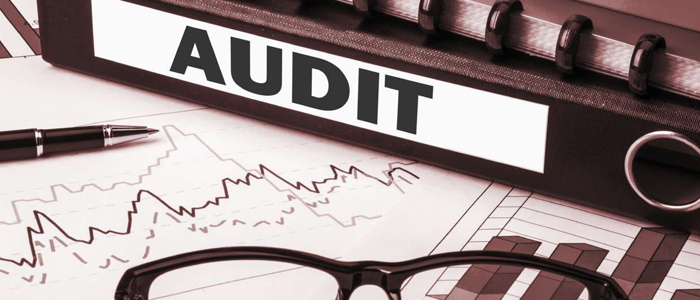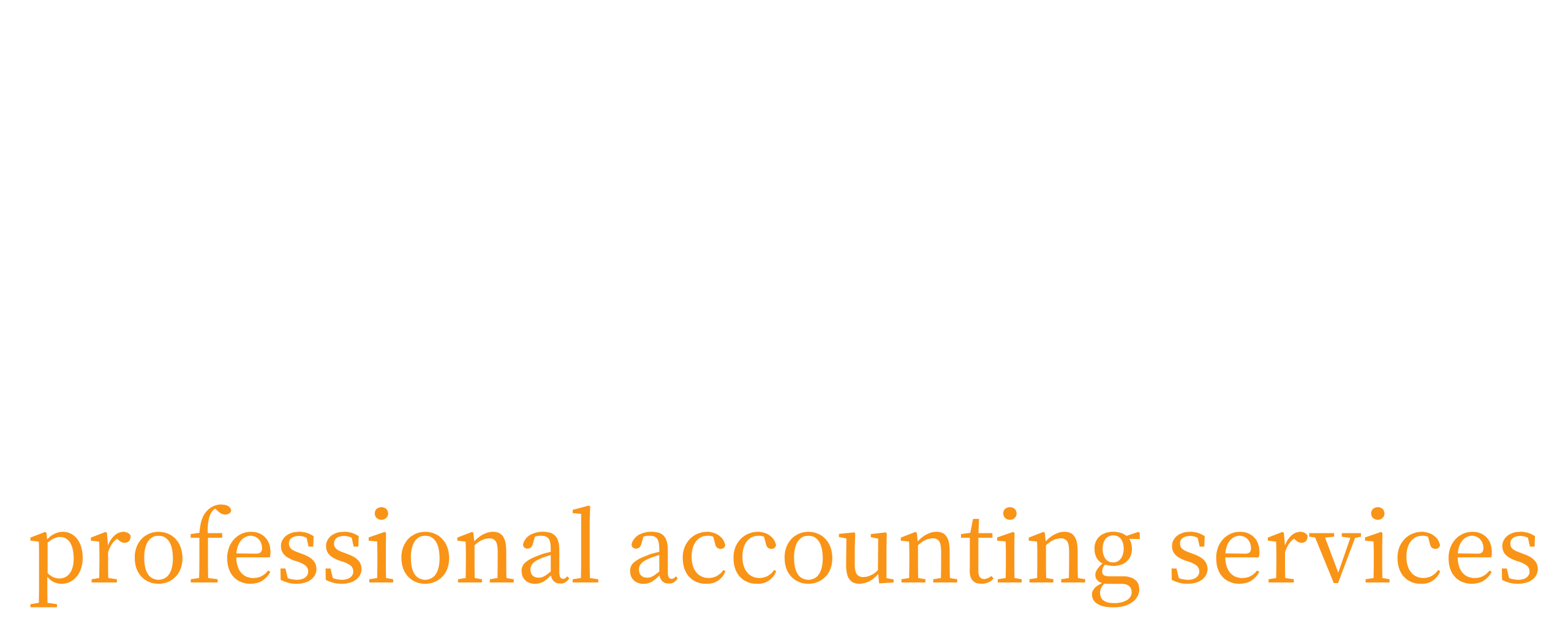
To avoid triggering a CRA audit when reporting income and expenses for rental properties, it’s essential to follow best practices for accurate reporting, proper documentation, and adherence to CRA guidelines. Here’s how you can reduce your risk:
1. Report All Rental Income
- Full Disclosure: Report 100% of the rental income you earn, including amounts received in cash, cheques, or other forms.
- Security Deposits: If a deposit is retained as income, ensure it’s reported properly.
2. Keep Detailed and Organized Records
- Rental Agreements: Maintain copies of all leases and agreements.
- Receipts and Invoices: Keep all records related to expenses like repairs, utilities, property management fees, and mortgage interest.
- Proof of Payments: Save bank statements, credit card records, or canceled cheques as proof of payment for expenses.
3. Separate Personal and Rental Use
- For properties used personally and as a rental (e.g., part of your home), clearly allocate expenses between personal and rental use.
- Use a reasonable method to calculate shared costs, such as square footage for utilities or maintenance.
4. Claim Expenses Properly
- Claim only allowable expenses: Mortgage interest, property taxes, insurance, repairs, utilities, and advertising are commonly deductible.
- Capital vs. Current Expenses: Ensure you differentiate between current expenses (e.g., minor repairs) and capital expenses (e.g., major renovations). Capital expenses must be depreciated over time.
- Avoid overclaiming deductions or claiming personal expenses as rental expenses.
5. Be Reasonable with Renovations and Repairs
- Excessive or frequent claims for repairs and maintenance can raise red flags. Large claims should be supported by receipts and a clear connection to rental income.
6. Report CCA (Depreciation) Carefully
- If you claim Capital Cost Allowance (CCA), understand that it reduces the property’s cost basis, potentially leading to higher taxes when selling the property.
- Avoid claiming excessive CCA if you’re still earning rental income from the property.
7. Use Fair Market Values
- Ensure that rental amounts are at fair market rates, especially if renting to friends or family.
- If you rent below market value, you may only deduct expenses up to the rental income received.
8. File on Time and Accurately
- File your T776 Statement of Real Estate Rentals on time to report rental income and expenses.
- Ensure all numbers match any related tax slips or records the CRA might have (e.g., T4A slips for rental income).
9. Avoid Excessive Loss Claims
- Frequent rental losses (when expenses exceed income) may trigger audits. Losses should be justifiable and not due to inflated expenses or personal use of the property.
10. Consult Professionals
- Work with a tax professional or accountant experienced in rental properties to:
- Optimize deductions within the law.
- Ensure compliance with CRA guidelines.
- Help defend your return if the CRA reviews or audits it.
11. Be Audit-Ready
- The CRA can request supporting documents for up to six years. Maintain detailed records for at least this long.
- Organize your records by year and category (e.g., income, repairs, utilities) to make them easily accessible.
12. Watch for Red Flags
- Inconsistent reporting: Ensure that your reported rental income and expenses remain consistent year-to-year unless there are valid reasons for changes.
- Frequent changes in property status (e.g., switching between personal and rental use).
By following these best practices, you can significantly reduce the risk of triggering a CRA audit and ensure that your rental property income and expenses are reported accurately. Proper documentation, reasonable claims, and adherence to the CRA guidelines are key in maintaining compliance.
For more information on CRA audits, visit the CRA Audit Information Page.
f you need assistance with your tax filings or have questions, feel free to contact us to schedule an appointment with one of our tax professionals. We’re here to help!
